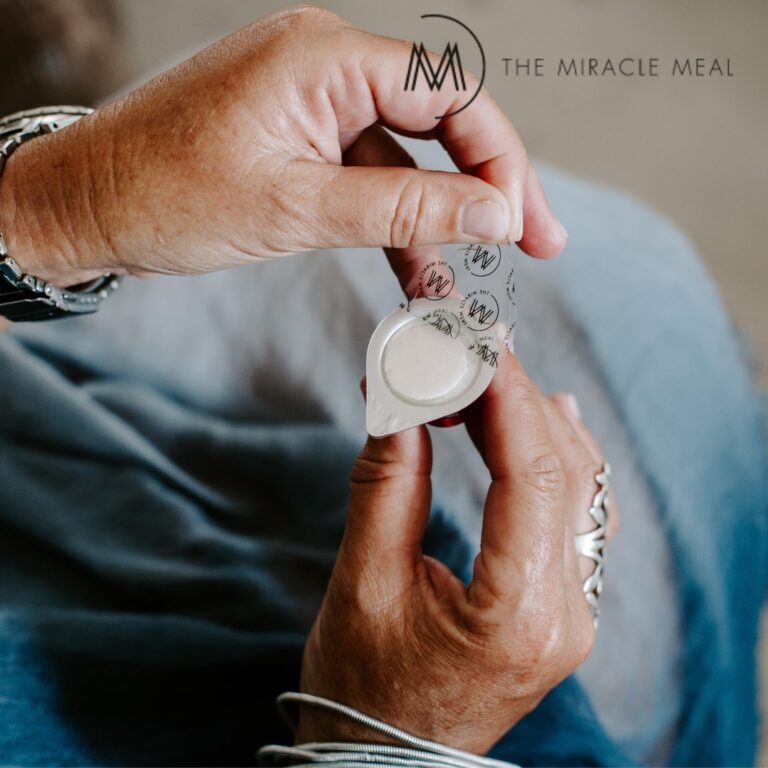What Are The 3 requirements For Receiving Holy Communion?
Holy Communion is an essential ritual in Christendom, symbolizing the body and blood of Jesus Christ. Central to this ritual is the use of communion cups, traditionally filled with wine symbolizing Christ’s blood and bread symbolic of his body. Over the centuries, the process has evolved to include pre-filled, pre-packaged cups, thereby simplifying the ritual without compromising its sanctity. This write-up delves into the specifics of Holy Communion, outlining the three main requirements that Christians should fulfill to partake in this sacred sacrament validly.
While these requirements may differ slightly across various Christian denominations, there are three universally accepted prerequisites for receiving Holy Communion. These include Baptism, The State of Grace, and Fasting. In order to fully understand the importance of Holy Communion and how it reaffirms our relationship with God, it’s essential to unpack these prerequisites, their significance, and learn how they prepare a believer for this sacred ritual.
Requirement One: Baptism
The first requirement for receiving Holy Communion is Baptism. Baptism is the gateway to the other sacraments, and without being baptized, one cannot partake in Holy Communion. Through baptism, one is officially welcomed into the family of Christ and, as such, is granted the right to participate in the Eucharist.
Traditionally, baptism involves sprinkling water on the forehead or immersing the individual in water while pronouncing the trinitarian invocation: “I baptize you in the name of the Father, and of the Son, and of the Holy Spirit.” This practice symbolizes purification, regeneration, and admission to the Christian community.
Requirement Two: State of Grace
Another significant requirement for receiving Holy Communion is to be in a state of grace. This refers to being free from mortal sin, as one’s soul must be purely cleansed to worthily receive the body and blood of Christ.
Catholics primarily actualize this state of grace through the sacrament of penance or confession. Should a Catholic commit a mortal sin, they are expected to confess their sin to a priest, express heartfelt repentance, and receive absolution before partaking in Holy Communion.
Requirement Three: Fasting
The final prerequisite is fasting, typically for at least one hour before receiving Holy Communion. This discipline is seen as a physical preparation method that readies one’s body and heart to accept Christ.
However, the extent of this fast can differ across different Christian denominations. While some regard the fast as a complete abstention from food and drink, other denominations view it as merely refraining from taking other forms of food apart from the Eucharist during the celebration of the Mass.
Conclusion
Decoding the three main requirements for receiving Holy Communion – baptism, state of grace, and fasting, is a critical element for ensuring sound Christian practices. These prerequisites establish a strong foundation for properly participating in this sacrament, which mufti-facetedly serves as a manifestation of Christ’s sacrifice, a symbol of unity in the Christian community, and an avenue for spiritual nourishment.
As you chart your Christian journey, we at Miracle Meal aim to simplify your Holy Communion practices with our pre-filled, pre-packaged communion cups. These cups have a shelf life of a year and require no preparation, making your Communion service seamless and sacred. You are invited to experience convenience, silence, and simplicity during your communion services by purchasing our pre-packaged communion cups in our online store. Our cups are recyclable and carefully designed with a top film that exposes the wafer and an easily accessible middle foil seal for the juice. Embrace a new level of serenity and sustainability with Miracle Meal.






